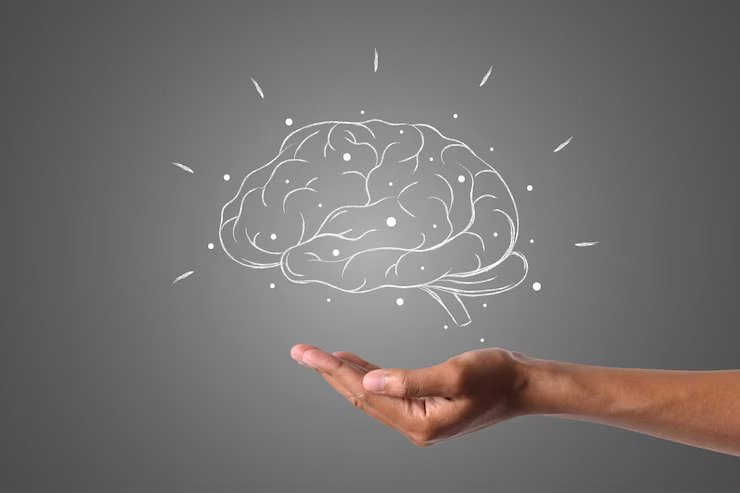How To Care For Those With Altered Mental States
In a world where minds can sometimes feel like shifting sands, the role of a caregiver is akin to that of a gentle lighthouse, guiding lost ships safely to shore. It is because caring for individuals with altered mental states requires patience, understanding, and compassion. But indeed, there are times when it can be challenging.
In this guide, we will provide some tips on giving support and ease to those handling altered mental states. These simple, clear insights can help every caregiver become a symbol of hope for their loved ones.
So, let’s begin without any further ado!
Contents
Maintain a Calm and Patient Demeanor
To effectively care for individuals with altered mental states, maintaining a calm and patient demeanor is paramount. A calm presence can help soothe anxiety or confusion that may arise. Patience allows for understanding, as it takes time to comprehend their unique needs and feelings. Speak gently, offer reassurance, and give them space if needed. Avoid reacting to agitation with frustration; instead, respond with empathy.
A calm and patient approach fosters trust and a sense of security, which are vital for their well-being. It’s the cornerstone of effective caregiving in challenging moments.
Seek Support and Respite
Caregivers must remember to seek support and respite when caring for individuals with altered mental states. The emotional and physical demands of this role can be overwhelming. Reaching out to friends, family, or support groups is essential to share the responsibilities and prevent burnout, ensuring the best care for your loved one.
In situations where your loved one is severely ill, managing their nutrient intake can be challenging. Thus, seeking assistance from a skilled professional or caregiver is advisable. They have the necessary tools, such as the RightSpotpH® indicator, which allows for immediate and accurate verification, ensuring that feeding tubes are correctly placed in the stomach. It will ensure the proper delivery of fluids and nutrients, promoting the patient’s well-being. Moreover, these indicators provide tangible, real-time data and reduce the chances of clinical errors.

Establish a Structured Routine
A consistent schedule provides stability and predictability in their often turbulent world. This routine should include set meal times, medications, activities, and rest, helping them regain control. Clear visual cues, like calendars or clocks, can further aid comprehension. However, flexibility within this structure is also necessary to accommodate their evolving needs.
Caregivers should communicate changes gently and in advance, fostering a sense of security. A structured routine provides a comforting framework where those with altered mental states can find comfort and stability amidst the uncertainty they may feel.
Ensure a Safe Environment
Safety is a top priority when caring for individuals with altered mental states. Remove any hazards or potential dangers from their living space. Install safety rails, non-slip mats, and secure cabinets containing harmful substances.
Regularly assess the environment for any changes or new risks. It’s essential to balance providing independence and ensuring safety, so consider their needs and abilities.
Wrap Up
Caring for individuals with altered mental states requires patience, understanding, and a structured approach. By following these guidelines, you can make a positive difference in the lives of those you care for.
Always remember, being kind and keeping things simple can shine brightest even during the most challenging times.
Read Also:
- Manly Stress How To Approach It
- Five Tips For Nurses To Cope With Workplace Stress
- Realistic Diabetes Management Tips You Can Follow Every Day



